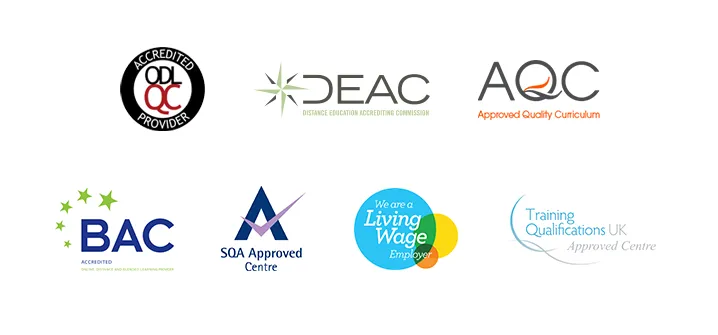You might be thinking, “Well, great, I know all the acronyms. How does this actually benefit me?” It’s a fair question.
When it comes to actually doing TEFL courses or CELTA courses, the distinctions are extremely important. They can differ hugely in terms of availability, intensity, cost, how long they take, and—perhaps most importantly—how they’re delivered.
So let’s delve further into this world of acronyms so you can make an informed choice.
Length of course
The CELTA course is over in a flash. Normally, it’s completed over 4 weeks and involves a total of 120 hours of classroom study. CELTA training centers will usually run one or two courses a year. There are online and hybrid learning options, but these are typically the same length.
A TEFL/TESOL/TESL course can be completed entirely online, and most of the more established providers also offer short classroom courses as well. You can study when it suits you and work through the course at your own pace, though you should ideally be finished within 6 months.
The industry standard for a TEFL certificate is 120 hours of study in an online TEFL course, just as the CELTA lasts for a total of 120 hours. A DELTA, meanwhile, tends to take between 7–12 weeks if you’re studying full-time. These courses, like the CELTA, tend to be in-person, though there are options.
Intensity
In terms of intensity, you can’t really top the DELTA. An advanced TEFL qualification, it’s not for the faint-hearted. Expect very busy, demanding sessions while you’re studying, and desired completion within 2 months. There’s a lot packed in there, and not long to do it.
The CELTA, of course, is intense in its own way. If you’re studying a CELTA, be prepared to take it seriously.
A TEFL certificate—from a good provider, at least—should have some degree of intensity and impetus, but it shouldn’t be a nerve-shattering experience. A reputable course provider will let you study at your own pace in your own chosen environment.
Cost
A good-quality TEFL qualification will usually cost between $240 – $550. If it’s much cheaper, be extremely wary, as they often aren’t accredited and may not be recognized by employers. There are many
budget TEFL course providers out there offering extremely cheap courses, but these are unlikely to prepare you adequately for teaching English and often involve a lot of hidden fees.
CELTA courses, on the other hand, cost substantially more at around $1,500 – $2,600, depending on the center. In fact, if you complete the CELTA as most people do—full-time over the course of a month—there are other significant costs involved, such as loss of earnings and, potentially, accommodation.
So, if the cost of TEFL or CELTA certification is a concern, TEFL is the best option.






























